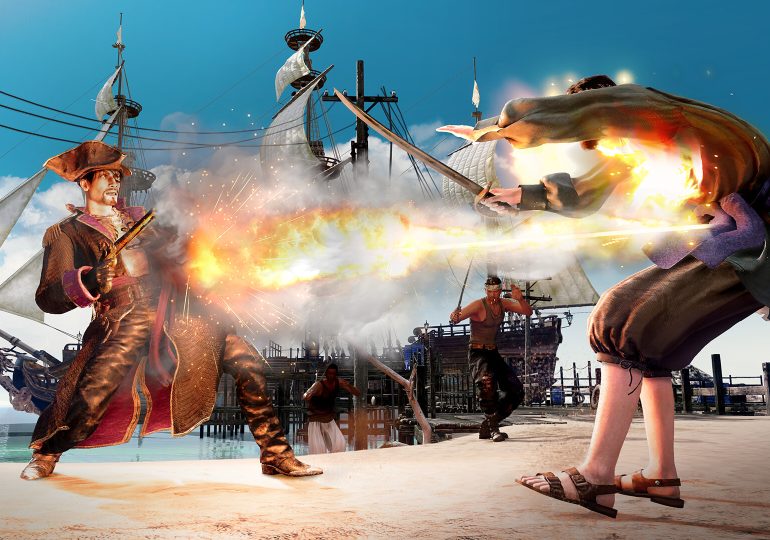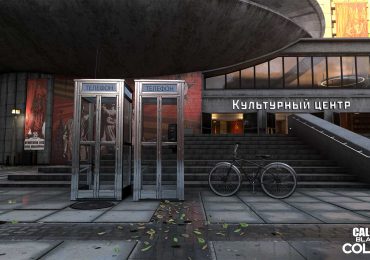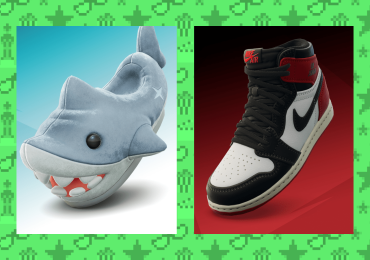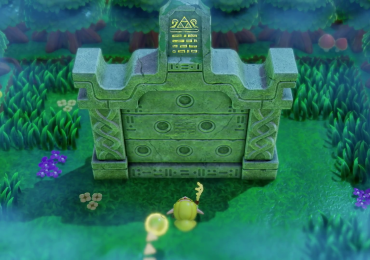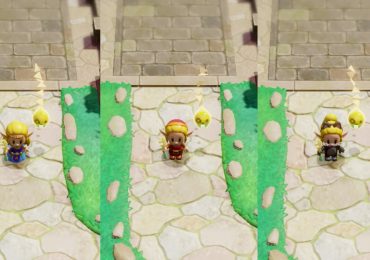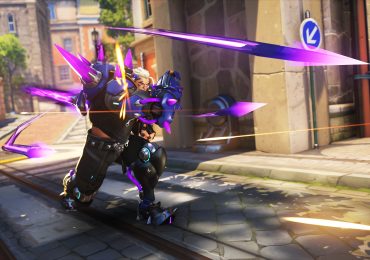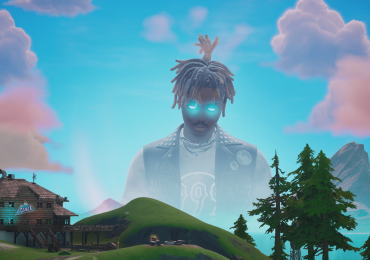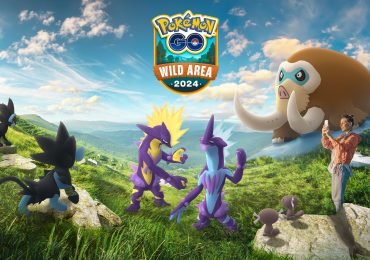Waves crash against the hull of a ship that looks like it could be ripped right from the 17th century, gulls cry overhead, and at the helm is a figure dressed in a Hawaiian print shirt. It isn’t how you’d expect to be introduced to Goro Majima, perhaps one of the most popular characters in the Like a Dragon series, but it sets the tone. Polygon was invited to a recent hands-on preview to get a taste of what Like a Dragon: Pirate Yakuza in Hawaii would have in store — and it’s a story of Majima on the down and out, on a path to become the greatest pirate the world has ever seen. It’s everything Like a Dragon fans could hope to expect.
Like a Dragon: Pirate Yakuza in Hawaii is as absurd as you would expect it to be — it’s a Like a Dragon game, and Goro Majima is the protagonist, so it’s natural that Ryu Ga Gotoku Studio would lean into that. Majima is perhaps one of the few characters within the series to receive complete character arcs laden with some of the most emotional moments the Like a Dragon games have seen. But not here! At least, not in this preview. Instead, Majima and crew head to the city of Madlantis, another dangerous underground fraught with violence and filled to the brim with other ne’er-do-wells who, for the most part, aren’t dressed like Party City versions of Jack Sparrow from Gore Verbinski’s Pirates of the Caribbean. Like Like a Dragon: Infinite Wealth, characters who aren’t Japanese are an approximation of what Ryu Ga Gotoku Studios has created to more or less fit your average foray into a Like a Dragon game: errant tourists, a few locals sprinkled here and there, and droves of thugs ready to beat you up because you’ve looked at them funny or because they want to kick a man while he’s down. It’s very much just a video game city.
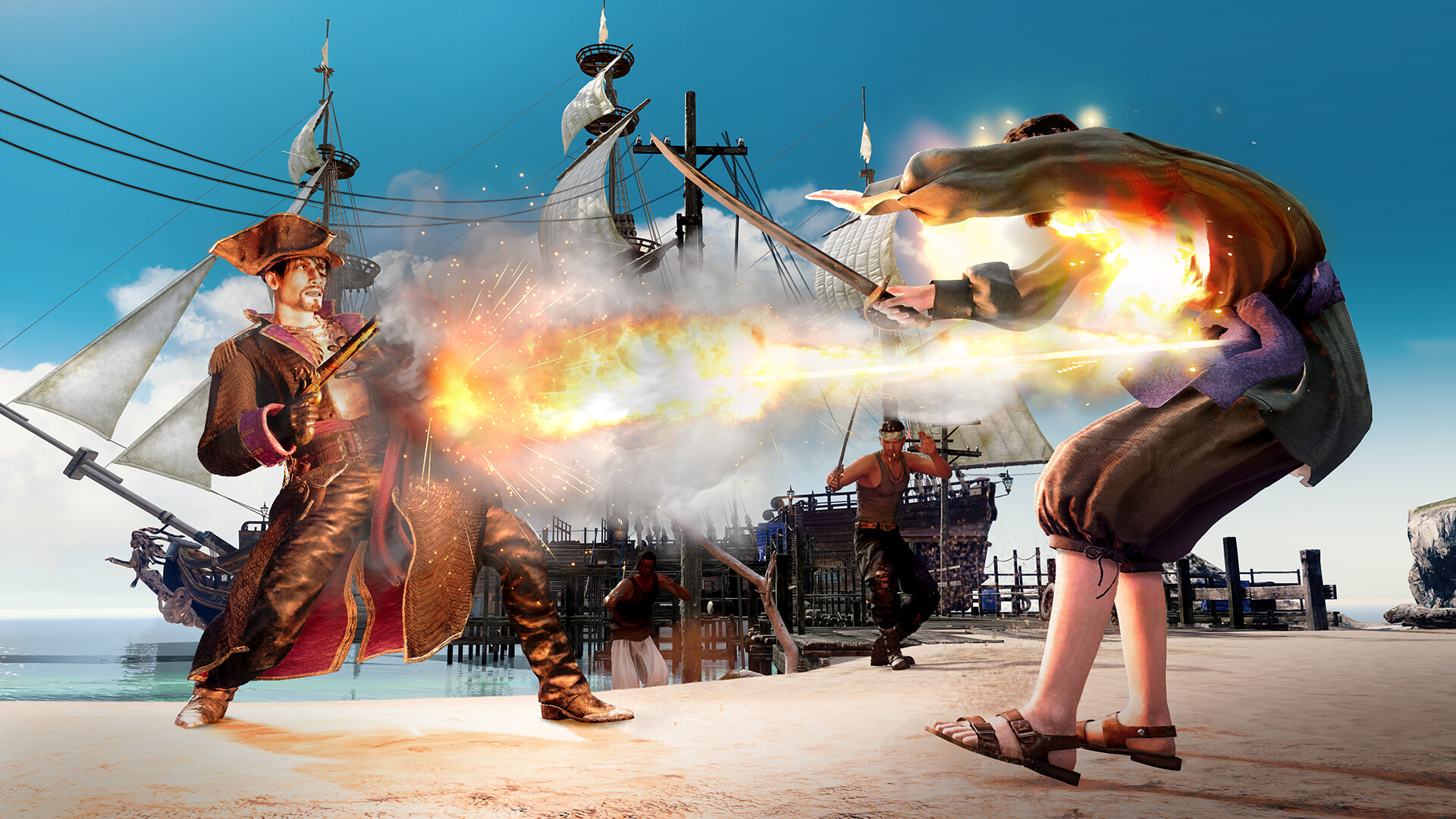
Image: Ryu Ga Gotoku Studio
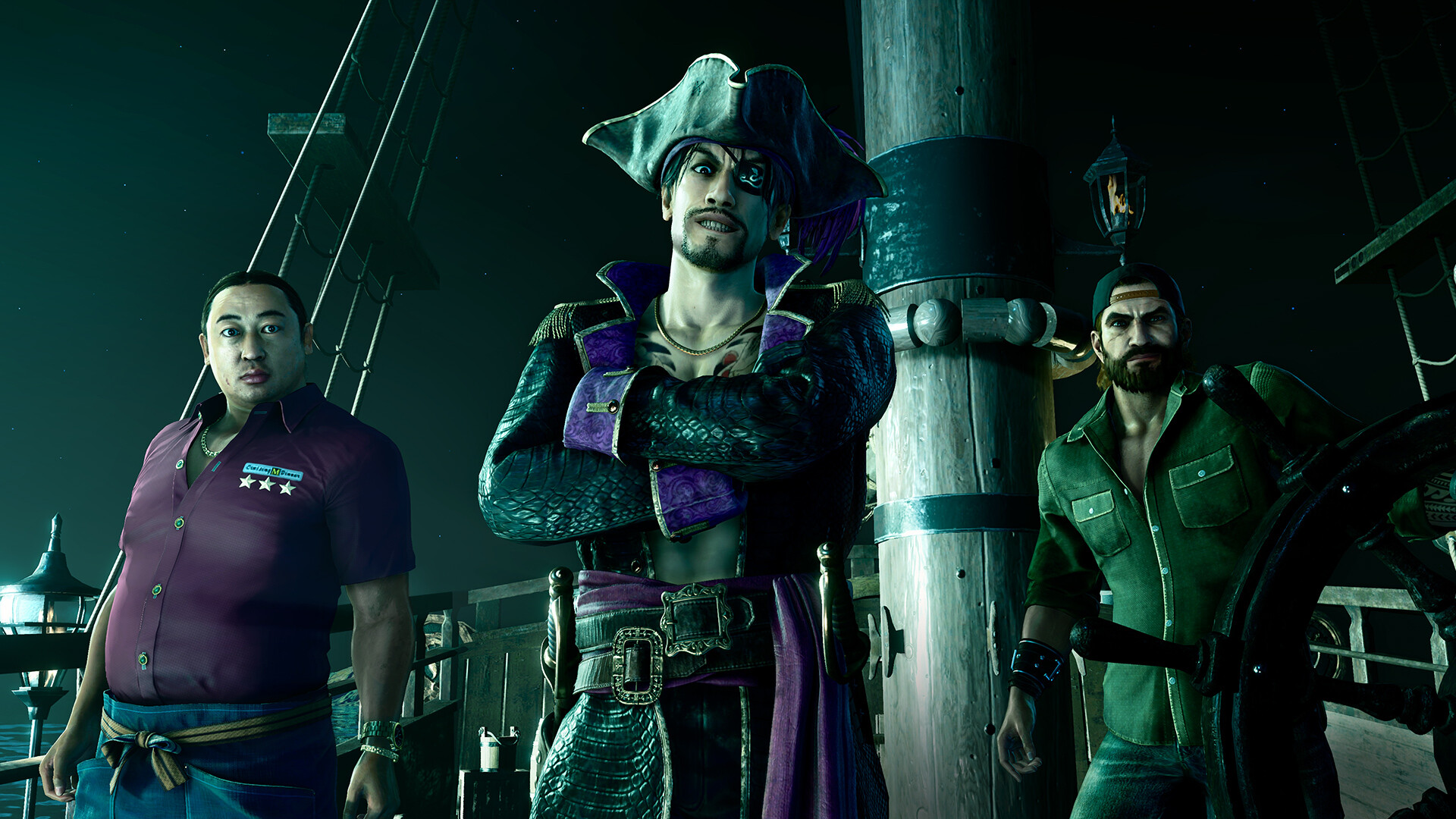
Image: Ryu Ga Gotoku Studio
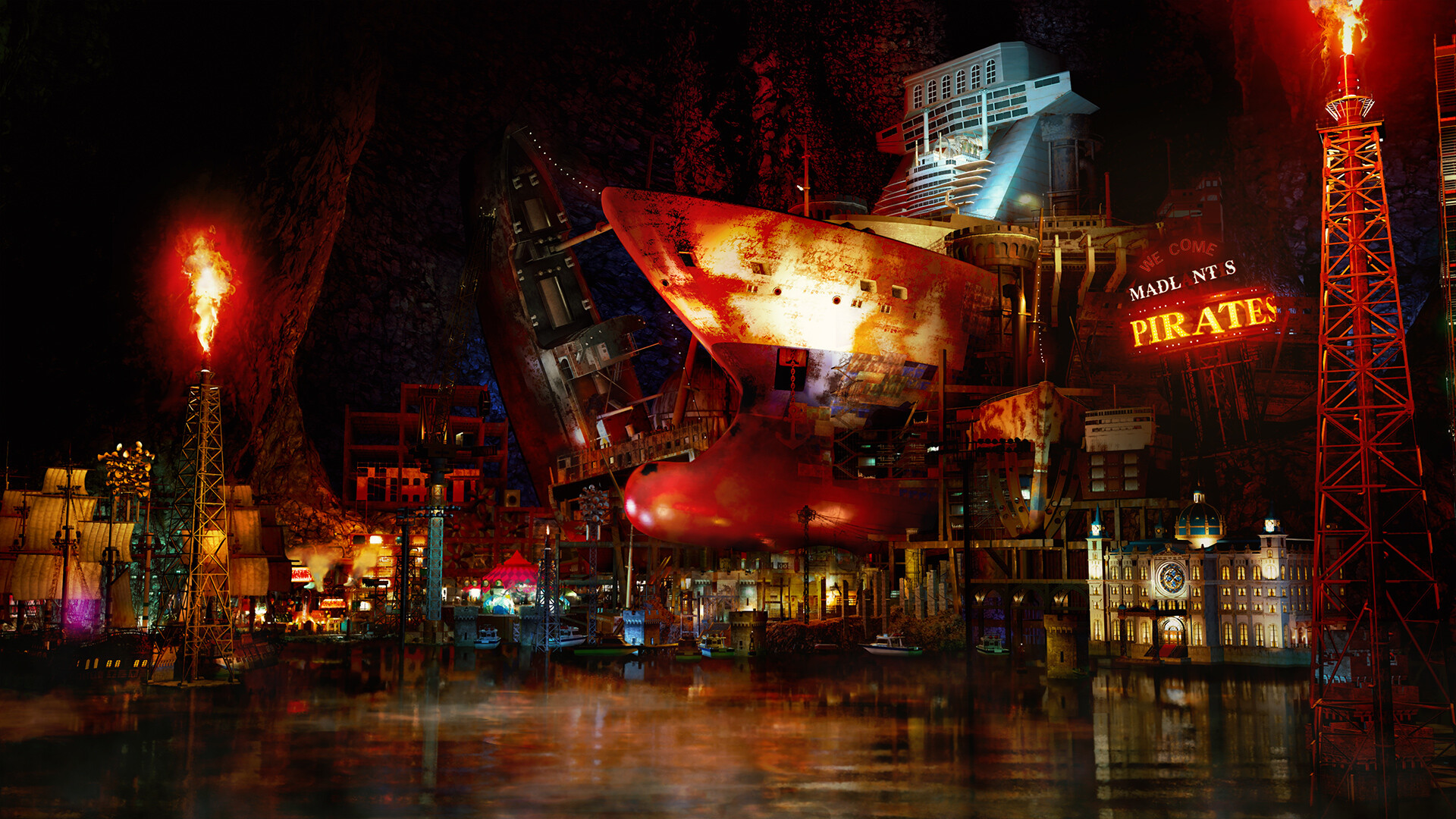
Image: Ryu Ga Gotoku Studio
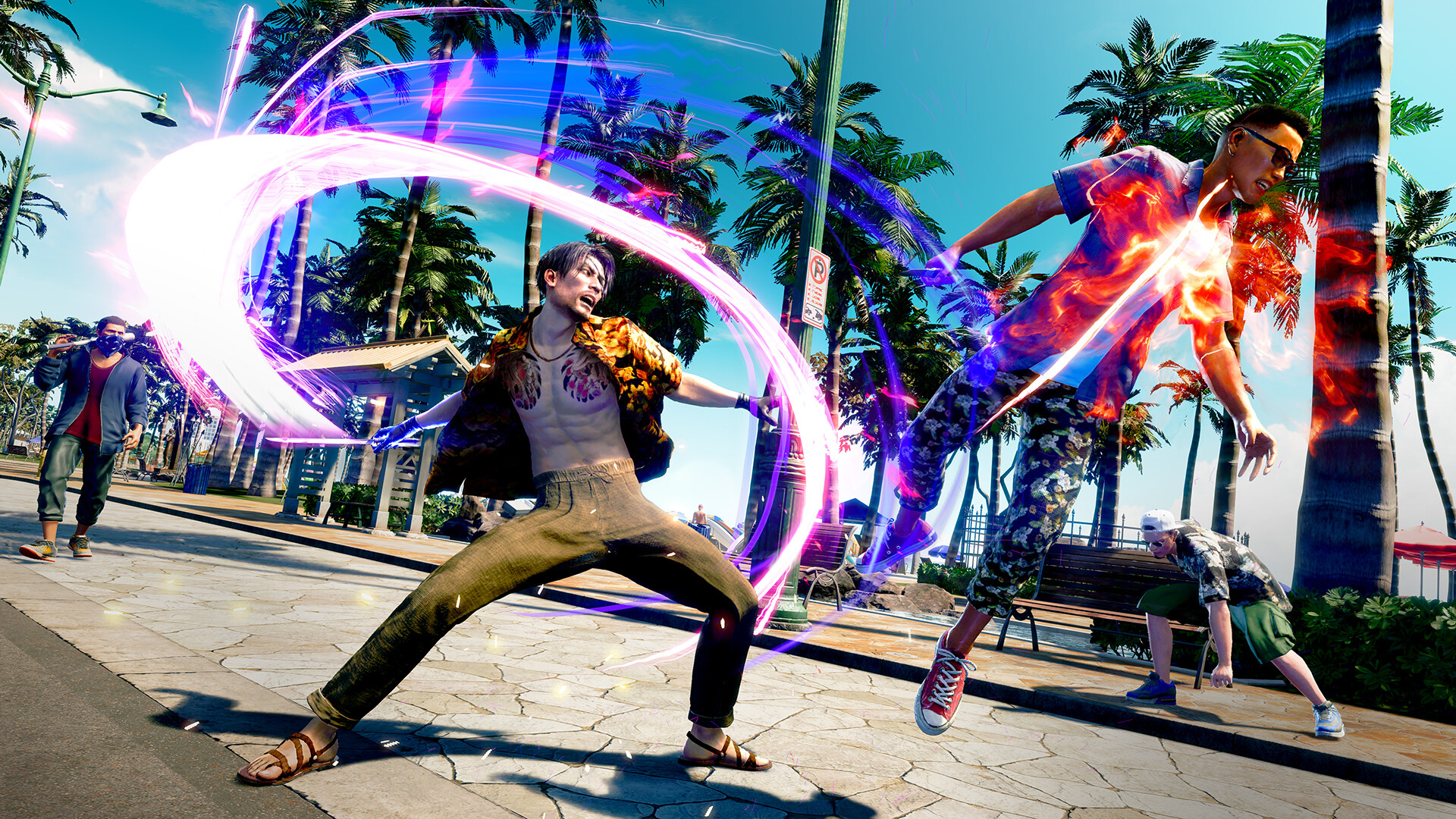
Image: Ryu Ga Gotoku Studio
By comparison to Madlantis, Honolulu isn’t all that exciting, and during my time with the preview build of the game, I mostly hopped around the city with my intrepid child sidekick and his pet Bengal tiger kitten, singing the best of Majima’s karaoke hits — including “24-Hour Cinderella” from Yakuza 0 — or changed up Majima’s look in a poorly constructed changing room. You can run around shirtless with the grimacing white face of the hannya tattooed on the Mad Dog’s back for all to see, or maybe you want to slip back into that iconic snakeskin leather jacket, leather pants, and silver-tipped shoes and all. I opted for the Yakuza 0 look, as it reminded me of a better time in the series. I was also desperate to chase that feeling after slicing up Keith, a generic-looking pirate with a tricorn hat, who had gotten on Majima’s bad side for one reason or another. I’m sure that will be explained in the full version of the game and probably have more weight to it.
You see, while Majima ages like the rest of us and has now reached the tender age of 60 years old, that doesn’t mean he is any less spry. The Mad Dog of Shimano is still capable of learning some new tricks and, with the Sea Dog fighting style, he wields a pair of cutlasses and a 17th-century hand cannon. All of his attacks are just as swift as they are deadly, and you can use a wire to propel yourself at an enemy with reckless abandon. There are air combos, too, which are fun and feel a bit overpowered, but I’m not going to complain about the game embracing the rule of cool for one of its most popular characters. But if you want a return to the familiar — something that brings you back to Yakuza 0 or that Yakuza 2 extra scenario — you can swap back to Majima’s signature fighting style, Mad Dog, to dash through enemies with his tanto in hand. He doesn’t go as crazy as he does in previous games, but you can summon doppelgangers and use an interesting spinning attack to send enemies flying or kill them outright. I can confirm that a new remix of “Receive You” does play while in Mad Dog style, and the music for Sea Dog isn’t bad either. It isn’t the same overbearing EDM-esque OST that plagued Infinite Wealth and seems somewhat toned down.
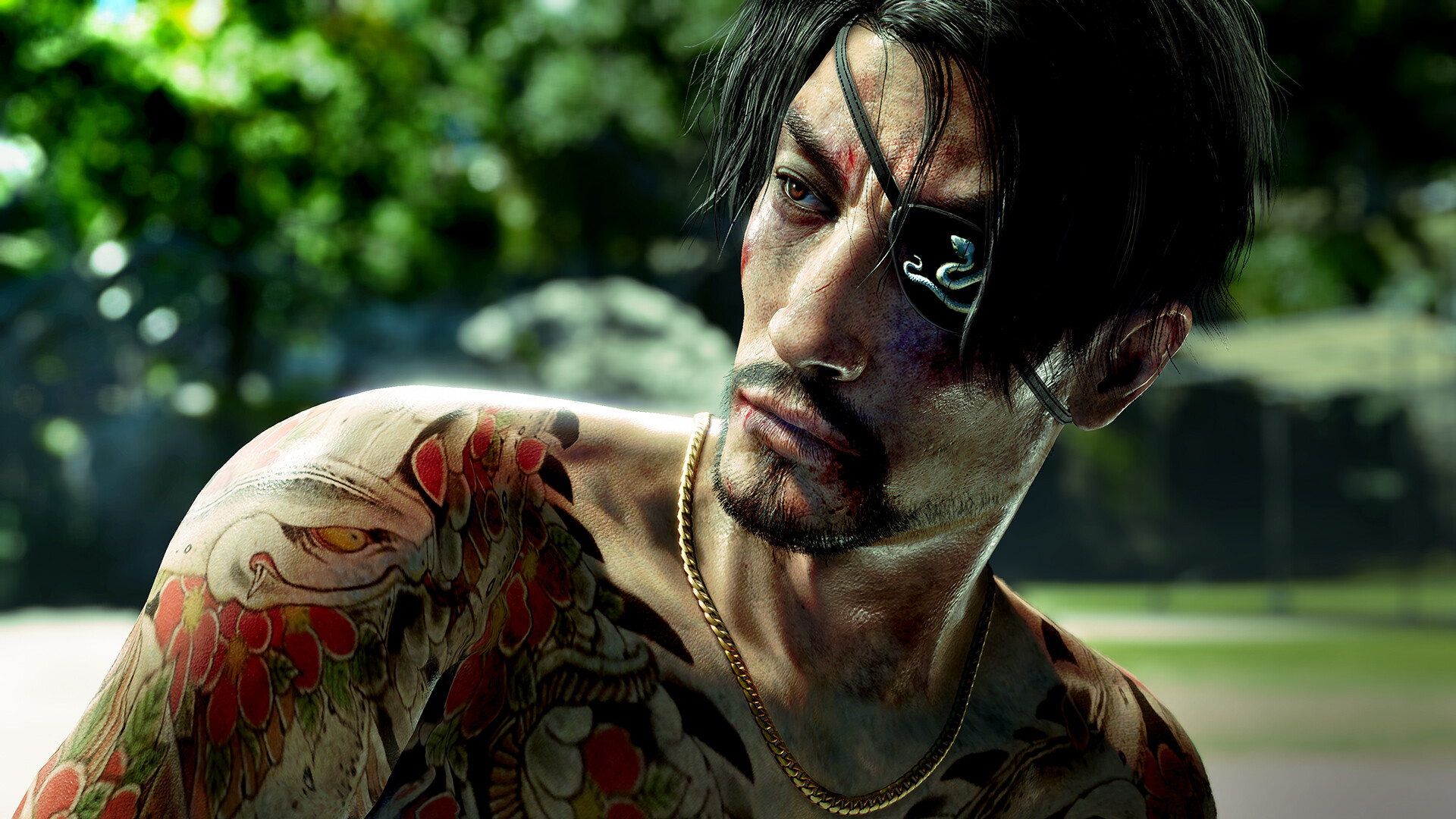
Image: Ryu Ga Gotoku Studio
After roughing up Keith and his crew, I prowled what little I could of Madlantis. It’s unlike the other crime-ridden underground areas in previous Like a Dragon games. It’s grimy, rusted, and mashed together from ships collected in a proverbial graveyard. Neon lights illuminate the ramshackle buildings, reflecting on the surface of the water on which everything is precariously floating. It isn’t like Purgatory from the original Yakuza, or the Castle from Like a Dragon Gaiden: The Man Who Erased His Name. It wasn’t glamorous or glitzy. Strangely enough, it’s a nice change of pace from what I’m used to, and I was willing to give Madlantis a chance, even if I was only able to taste a slice. I couldn’t participate in ship battles to make Majima the most frightening pirate on the seven seas, or steer my own ship through the waters of Honolulu, but those options will be available in the full version of the game.
Like a Dragon: Yakuza in Hawaii truly feels like a Gaiden game, something meant to fill the gap between releases to satiate the hunger of a growing new audience. Or pull back long-time fans who have otherwise grown fatigued with the series and just want to play as Majima one last time. There were a lot of rough edges, and a lot of asset reuse, which isn’t always a bad thing, but the Dragon Engine (which the team first used for Yakuza 6 in 2016) is really starting to show its age. It’s a wonder why Ryu Ga Gotoku Studio didn’t make the jump to Unreal Engine 4 like it did for Like a Dragon: Ishin, which looks a step above Yakuza in Hawaii. At the very least, I can’t say that it’s more of the same, as a shift in protagonist and the return to more action- oriented combat feels refreshing.
Correction (Sep. 26): An earlier version of this story misidentified which version of Unreal Engine was used in Like a Dragon: Ishin.
